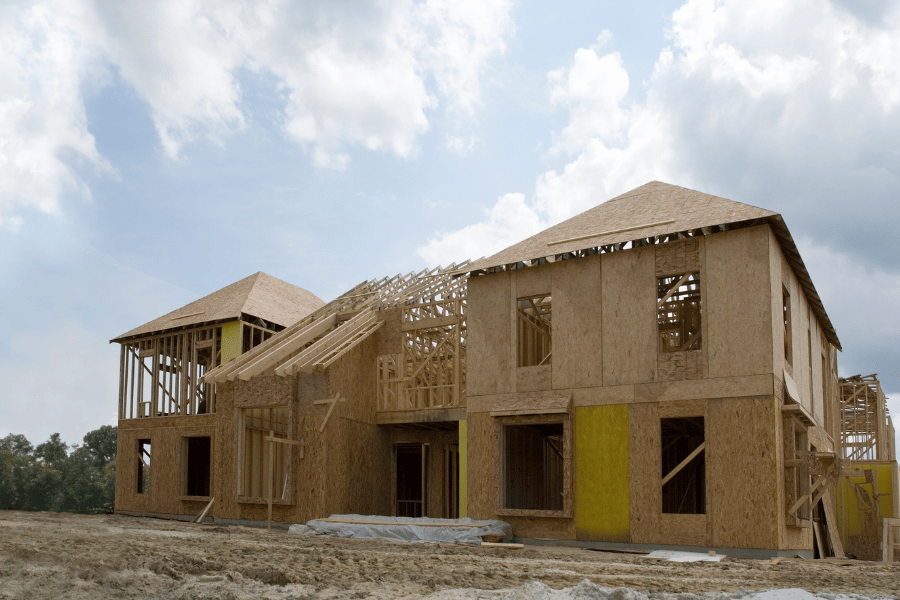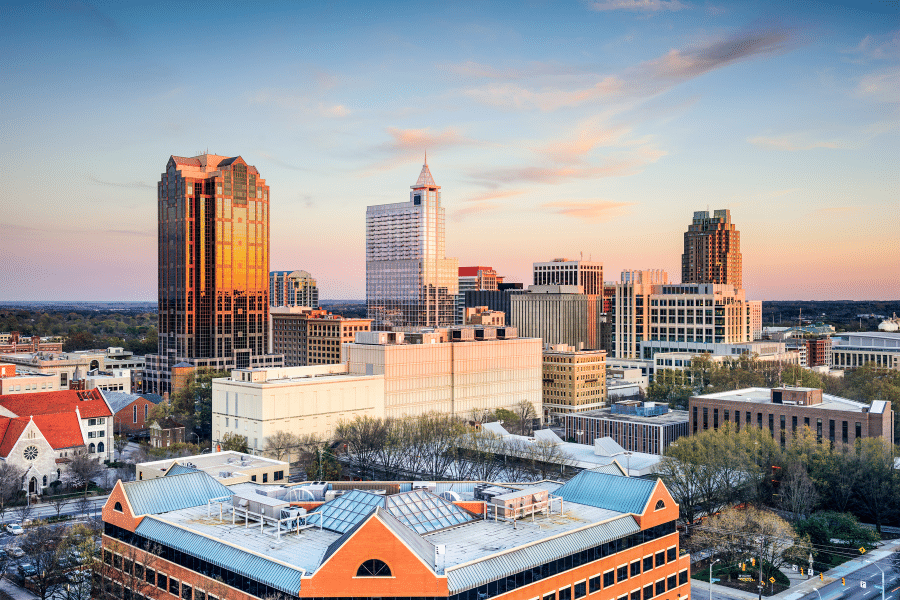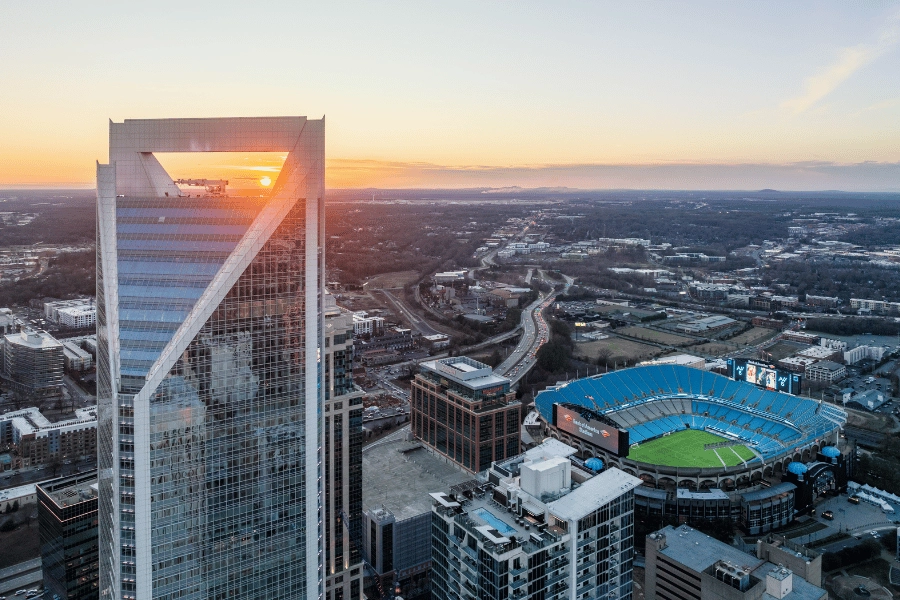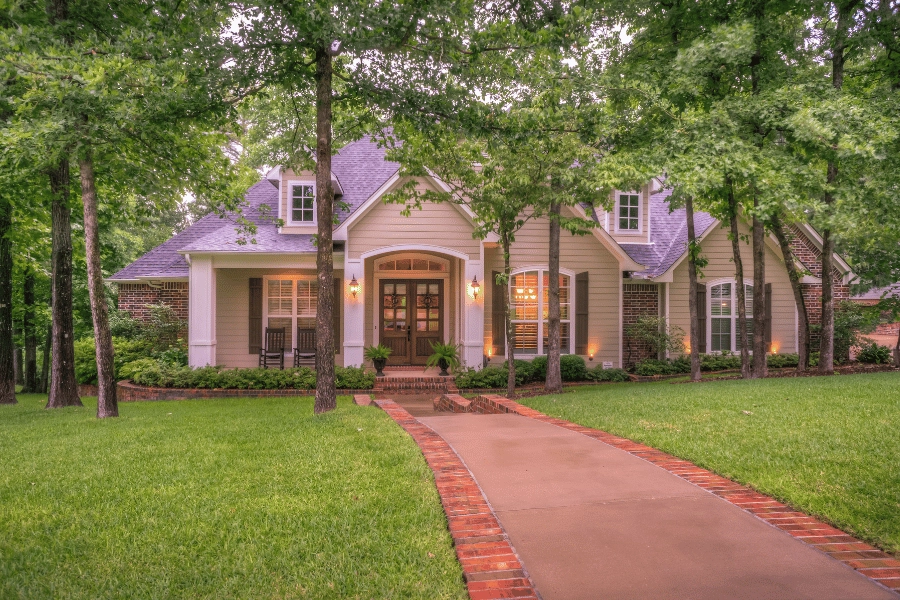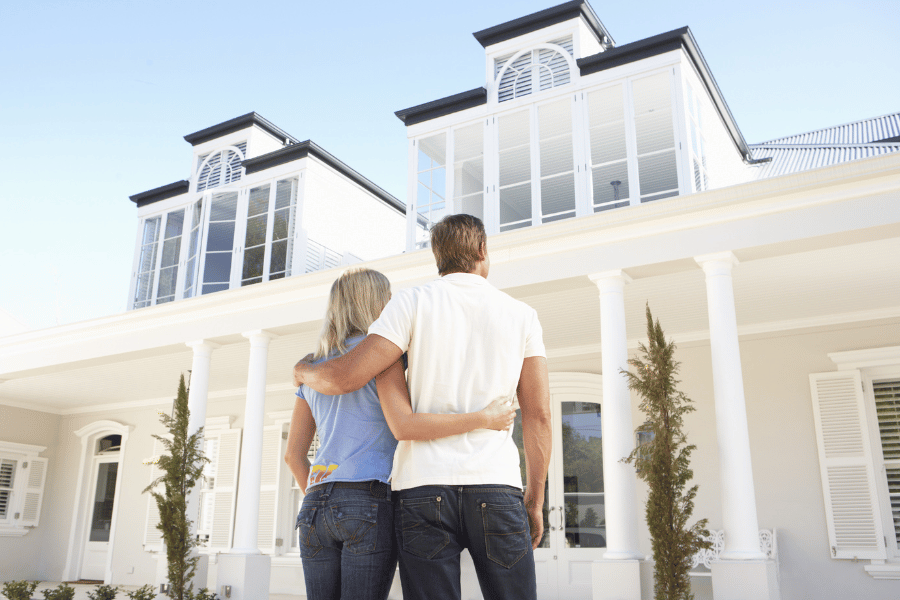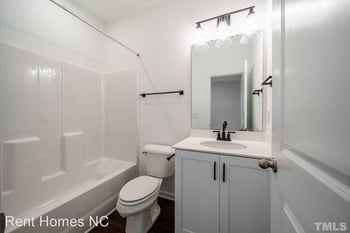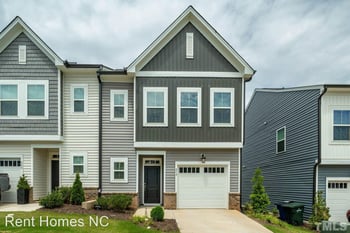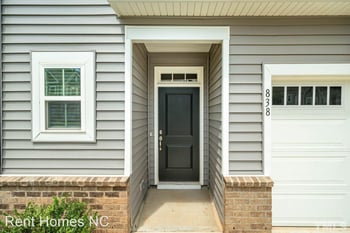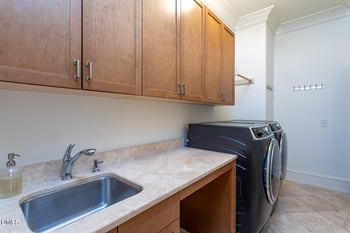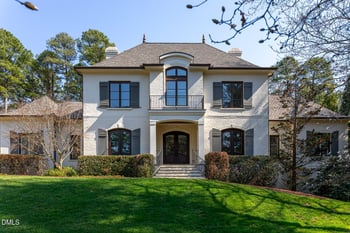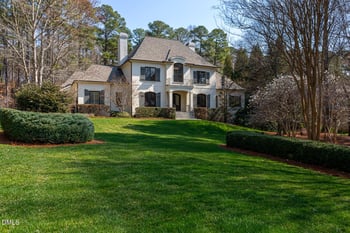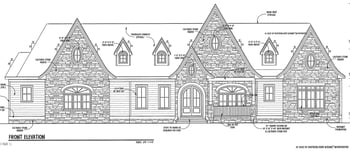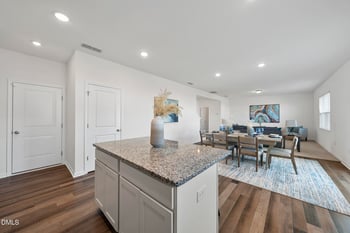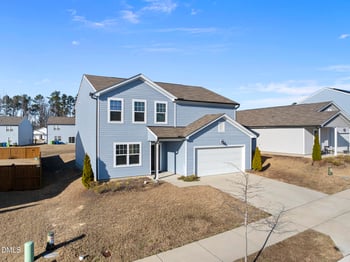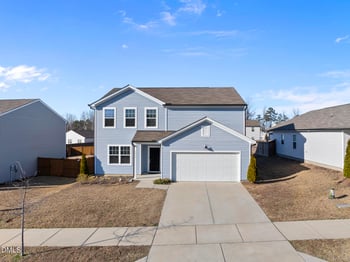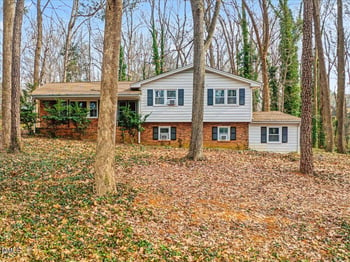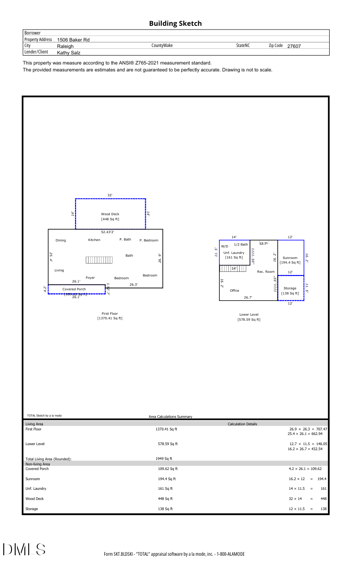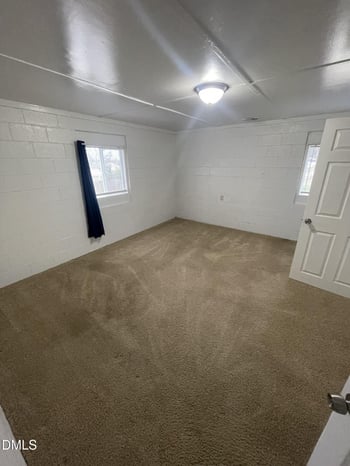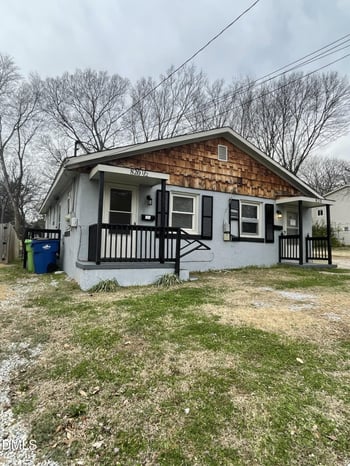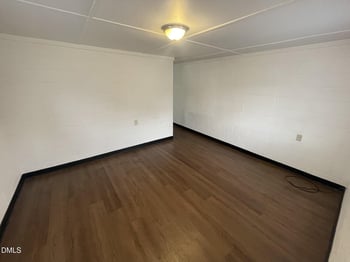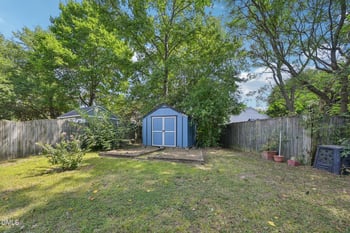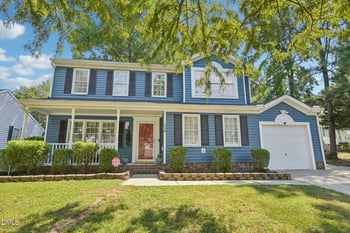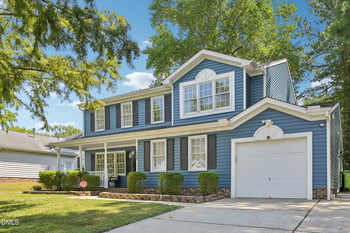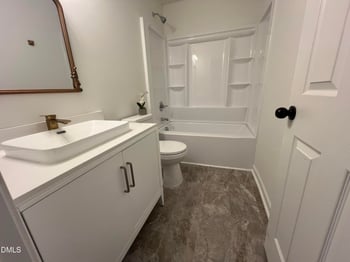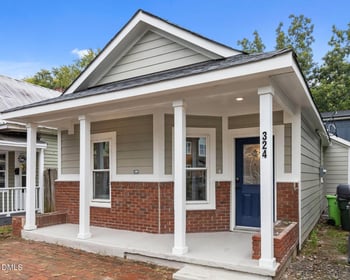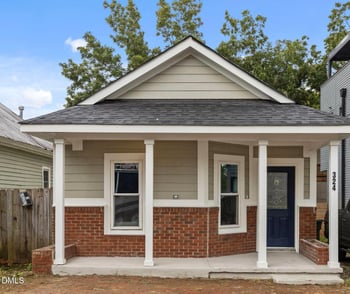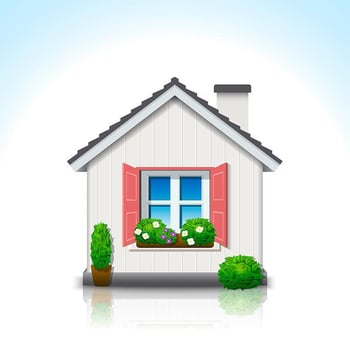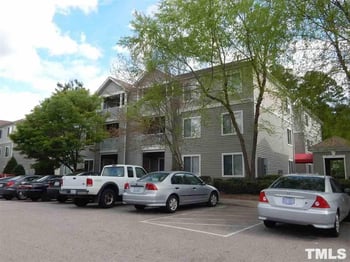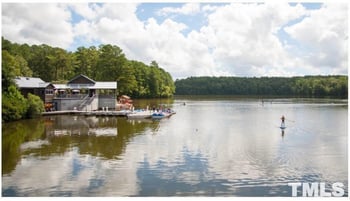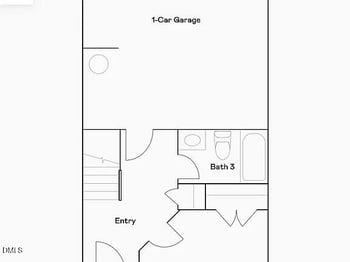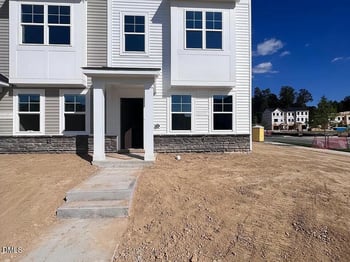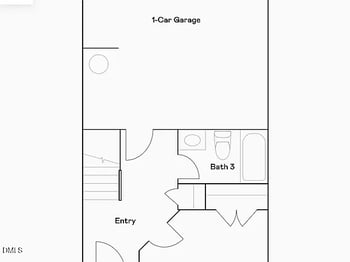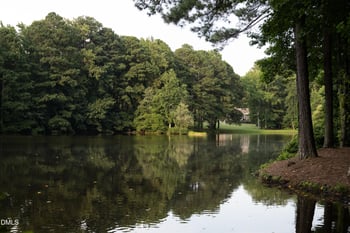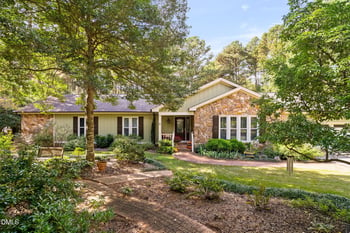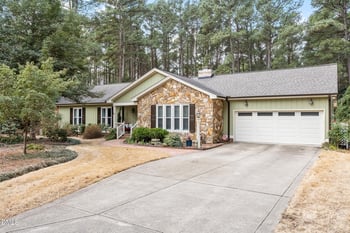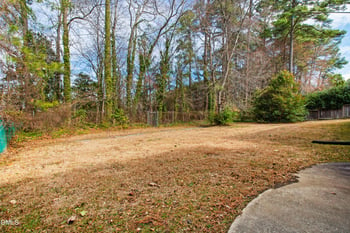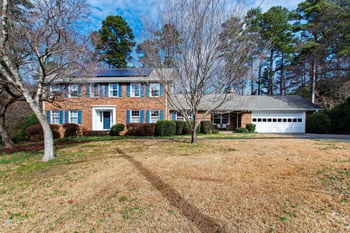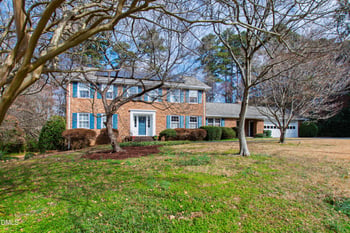Building Your Dream Home in Raleigh: A Step-by-Step Guide
Are you planning on building your next home in Raleigh, North Carolina, and want to learn more about the process? Here is everything you need to know about building your dream home in Raleigh.
Building a home can be a long and tedious process. You will need to think about everything that goes into your new home and plan your living situation while it is being built.
No matter why you decide to build your dream home rather than buy one, ensure it fits your budget, lifestyle, preferences, and family size. In any case, remember to be flexible because you may need to forgo a prime location, a specific type of home, or anything else to save money.
Building a home in any area can seem intimidating. Raleigh is becoming increasingly popular due to its high quality of life. Numbeo recently ranked Raleigh as the #1 city for quality of life in the United States and the second-best city for quality of life worldwide.
Building your home is less stressful than entering a bidding war and can be far more cost-efficient. This way, you can guarantee that you will love every part of your home, from the minor details. Before you start the building process, you must understand each step to make any costly mistakes.
Keep reading to learn all about how to build your dream home in Raleigh.
1. Choose Your Builder
Finding the right custom home builder is one of the most important steps in the building process. To find the perfect person for the job, ensure you ask the right questions. You should look for an experienced, reliable, and trustworthy builder.
According to the National Association of Home Builders, this is how you should choose a home builder:
- Research home builders in your area
- Reach out to friends and family for recommendations
- Visit and tour new homes in the area
- Ensure the builder has a reputable business
- Inquire about contracts, pricing, and payment schedules
- Ask about the builder's business practices
- Learn their level of customer service
- Ask about their experience
- View their portfolio
- Ask for references
Most importantly, you'll want your builder to have a good reputation. You can ensure this by asking for references, meeting with the builder, or checking with the Better Business Bureau for any complaints.
You should also work with an experienced real estate agent. They can act as a neutral third party and aid you in communications with the builder. Many real estate agents may know of experienced builders they could recommend. You will work closely with the builder and real estate agent, so ensure they are people you can trust and rely on to get the job done.
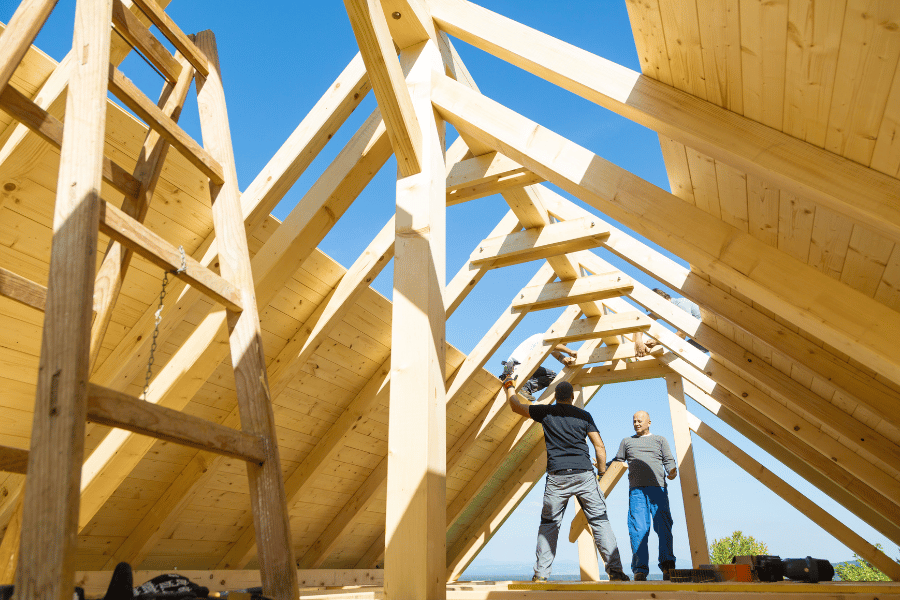
2. Set Your Budget
While building a home may be less costly than renovating or buying a home, there are still many expenses to prepare for. Establishing a detailed budget for your custom home will allow you to create financial boundaries and ensure you can afford the home you want.
The cost of land and its preparation will vary greatly depending on its size and location. Preparation will include grading, excavation, and landscaping. It is recommended that you keep this cost of land below 25% of your entire budget.
You should sit down with your builder and list all the features you want in your home. Make sure you are specific about the materials, finishes, and fixtures you want. You can research the costs of each item and include labor costs associated with installing each item.
Similarly to buying a home, you should always prepare for unexpected expenses or changes in the building process. Try to save 10% to 20% of your overall budget for this category.
With your builder, categorize the cost of each construction phase, including design, site preparation, foundation, framing, roofing, and finishing. This will ensure you have accounted for every expense and avoid any surprises. On average, you can expect to pay around $451,500 to build a home in North Carolina, and new home construction can take up to one year to be completed, according to Houzeo.
3. Select Your Lot and Floor Plan
Before officially meeting with your builder, ensure you have a firm idea of the location of your home and how you want it to look. When planning your home, you will have three options: a pre-built home, a tract home, or a fully custom home.
Pre-built homes are already built and are based on your location. This can be moved to a plot of land if you decide. A tract home is similar to a catalog house; you choose the model, add personal touches, and builders create it in your chosen neighborhood. Finally, a custom home gives you the most room for personalization. You can design this type of home from scratch. However, this is the most expensive home type to build.
While deciding on the lot and floor plan, consider your family size and plans. You should account for any future children and the growing population in your area. In Raleigh, the population is growing exponentially. You may pick a vacant lot now, but many things could be built around it in a couple of years. Depending on the location and amenities you crave, you may face limits on your home size, so keep that in mind.
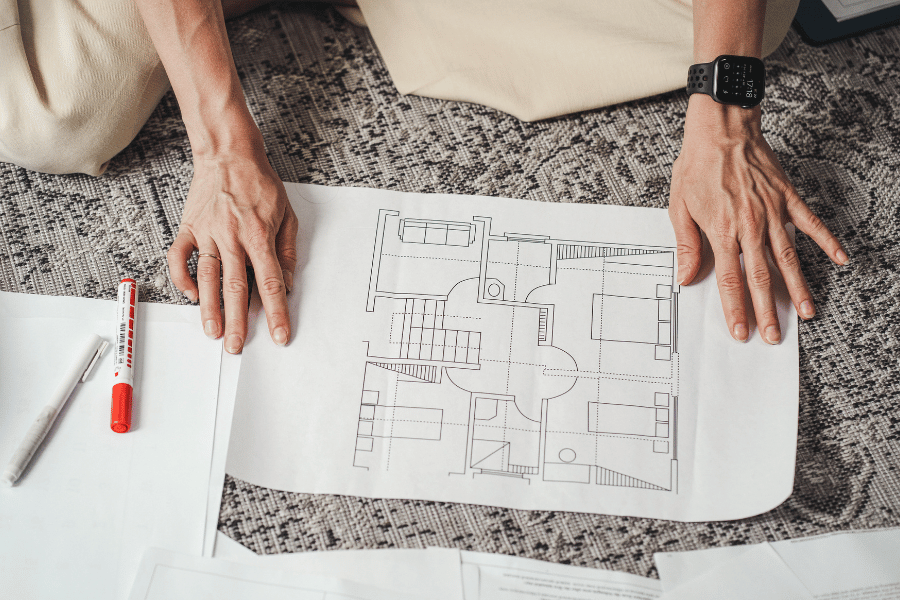
4. Obtain the Correct Permits
Before breaking ground on construction, you need to secure all necessary permits. Construction, zoning, grading, HVAC, plumbing, and electrical permits are all required in building a home. Obtaining all the necessary permits can take up to a week or more.
In Raleigh, you can visit the Permit and Development Portal for single-family homes and one- and two-family homes. Suppose your home is in a Historic District or designated as a Raleigh Historic Landmark. In that case, you must submit a Certificate of Appropriateness to the Raleigh Historical Development Commission (RHDC).
Ensure to complete and submit a Residential Permit Application to [email protected].
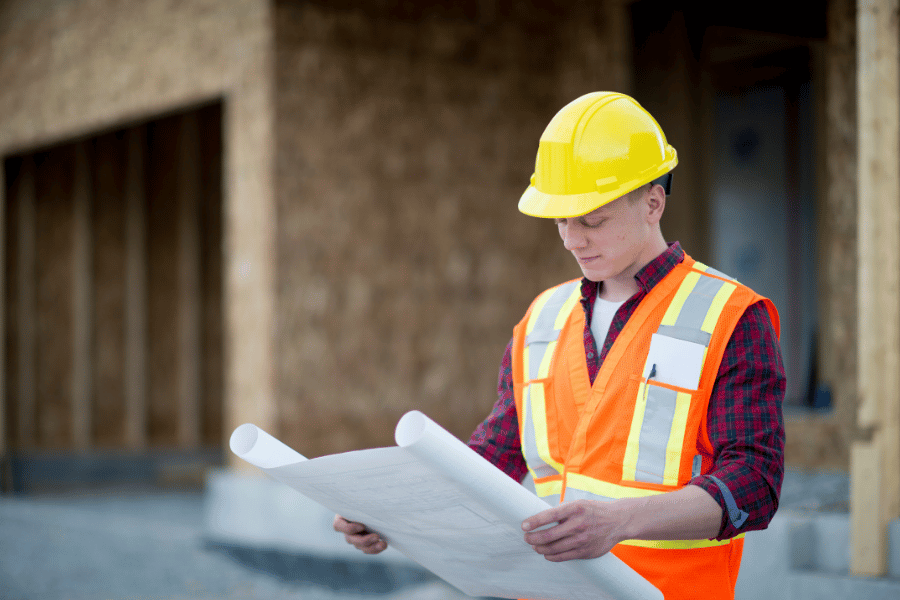
5. Construction Phase
Unless you are a professional contractor, the actual building of your home is better left up to the professionals. Ensure you constantly contact your contractors and agents to stay up-to-date with construction.
Although you should let the contractor take the main role in construction, it is still your home, after all. If you have any opinions or suggestions about your home, don't be shy about making them.
In Raleigh, the first step of construction typically involves clearing the debris from the construction zone, leveling the site, installing the foundation, and determining the type of plumbing and waste management. The next step is framing with wood from your blueprint.
Several subcontractors typically complete the final steps at once. Electricians, plumbers, drywall experts, and others come in to complete their tasks. Towards the end, flooring, painting, and finishing touches on the interior will be completed.
6. Exterior Finishes
The exterior preps include adding sides, doors, and roofing. When choosing an exterior finish for a home, consider the following:
- Design: Consider your aesthetic preferences and design ideas.
- Fiber cement is a durable, fire—and weather-resistant siding material mainly used as a roofing material.
- Stucco: Stucco is one of the most popular exterior finishes as it is durable and high-quality.
- Vinyl: Vinyl is a low-cost and durable option that is easy to maintain.
- Brick: Brick is used throughout Raleigh as a timeless siding material. Exposed brick can crumble quickly unless it is adequately protected by parking.
- Stone: Many homeowners opt for stone for its natural feel and appearance. Granite and slate have a long life and don't require excess maintenance.
Ensure you think hard about the type of exterior finish you want. Like curb appeal, this is one of the first things visitors will notice about your home.
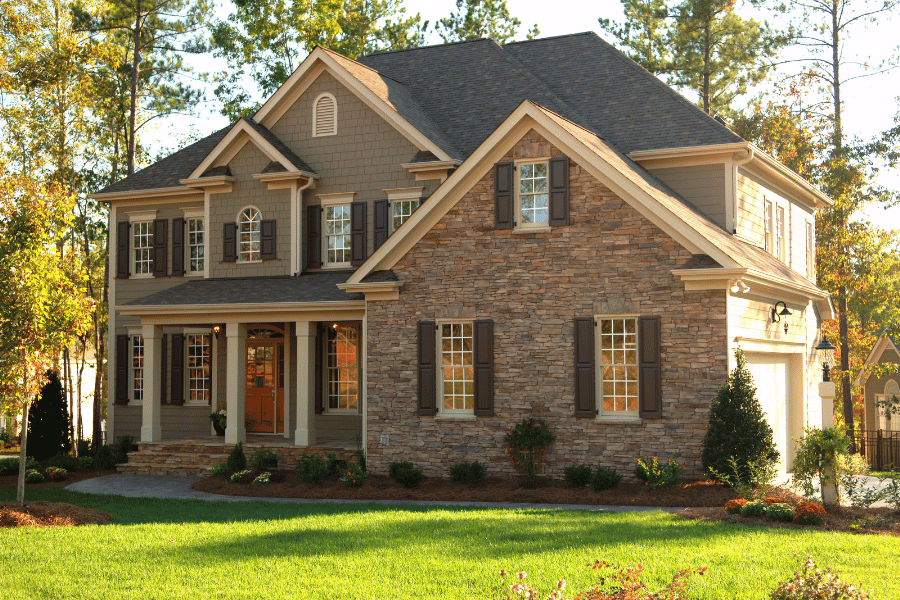
7. Final Walkthrough and Interior Design
Before you close on the home, you will complete a final walkthrough like you would when buying a home. An inspection is completed to ensure everything is up to your standards.
Here, you can determine if anything needs to be fixed. Then, all you need to do is sign paperwork and move in. Now, you are free to express your style through interior design.
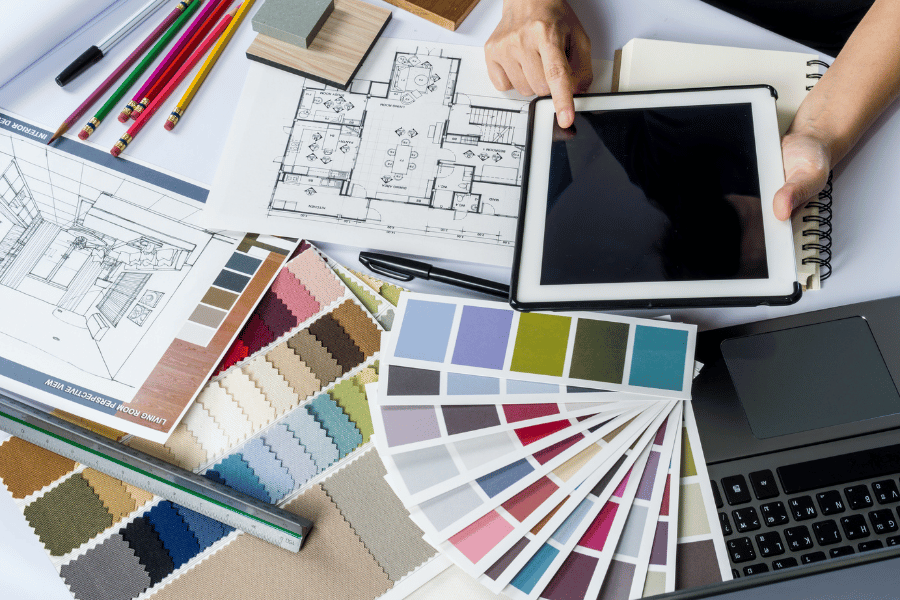
Methodology
We used information and data from several different sources, as well as our own data, to determine everything you need to know about building a home in Raleigh, NC. Most of the data was sourced from the following sources:
- Houzeo
- WECT 6 News
- National Association of Home Builders
FAQ: Building Your Dream Home in Raleigh
Here are some commonly asked questions about building a home in Raleigh, NC.
How do I start building my dream home?
One of the most important things to do when building a dream home is to set a realistic budget and assemble your team. Be honest about how much you can afford and what is realistic with the team you're working with.
How much does it cost to build a house in Raleigh?
The price of building a home will vary greatly depending on its size, shape, and location. Raleigh is becoming an increasingly popular area to move to. As a result, the average price to build a home in NC is about $301,500, according to Houzeo.
What is the most challenging stage in building a house?
The most challenging stage of building a house is waiting for something to happen. The process will be long and tedious sometimes, and you may not see much activity on your home site.
What is the easiest type of house to build?
The easiest and generally most affordable home to build is a ranch-style house. Since it has an open floor plan and is available in a rectangle or U-shaped layout, it can be much easier to build.
What is the most expensive phase of building a house?
Framing is generally the most expensive phase of building a home. It typically consists of wooded beams that make up the home's skeleton, and it should also be one of the most important phases.
Building Your Dream Home in Raleigh - The Bottom Line
While building your home from scratch may seem like the best option, ensure you understand that it is a long and stressful process. However, once you're living in your beautiful home, it will all be worth it.
Follow our guide to avoid all the easy home-building mistakes, whether you are a first-time homeowner or a ten-time homeowner. Consider your must-haves and nice-to-haves when building your home. You may have to deal with issues surrounding construction, renovation, and interior design (all while staying on budget).
Raleigh is known as a wonderful place for families, students, young adults, and retirees to live. There is an abundance of things to do no matter your age, excellent school districts, and safe neighborhoods throughout the city. All you need to do is find the best location for your home, and you can start building.
Before you build a home near Raleigh, North Carolina, feel free to contact one of our helpful real estate specialists, as they are eager to help you find the perfect home. We know that buying a home can be overwhelming, but a real estate agent can walk you through the entire process.
